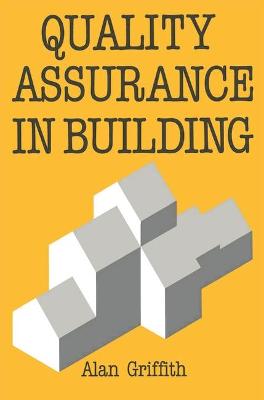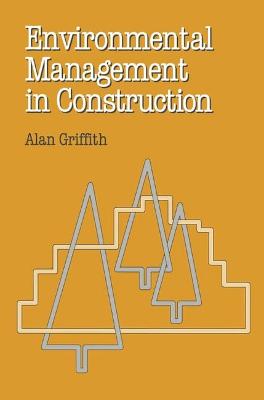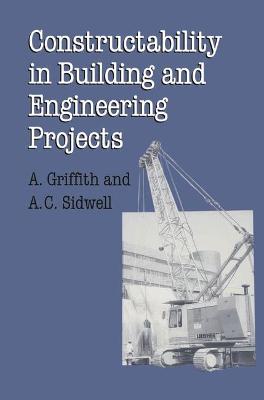Building & Surveying
4 total works
This book sets out to provide a detailed guide to the principles and practices of quality assurance. Chapters 1 to 5 examines: the need for Quality Assurance in building; the meaning of quality; development of formalized methods or quality systems; and the approach to registration and certification following the requirements of B.S. 5750. Chapters 6 and 7 explores the application of Quality Assurance to the building industry and highlights; some of the problems that may be experienced; the roles of the various professional parties who can influence the achievement of quality; addresses the application of Quality Assurance to non-traditional forms of procurement and organization such as project management and in other specific building sectors such as building services and housebuilding. Chapter 8 appreciates the importance of Quality Assurance in a wider context with cognisance being taken of the application of Quality Assurance in the international market through an insight into the national frameworks for Quality Assurance in Sweden, France, West Germany and the U.S.A.
Environmental management and environmental management systems are concepts that embrace those aspects of policy, strategy, procedure and practice that form an organization's response to its environmental situation. This is a guide to the concepts and practices involved in the field of construction. The book brings together principles and practices of environmental management and its systems and addresses the requirements of BS7750.
Small building works are an established and vital part of the construction economy and account for an increasing proportion of construction output. Small works are frequently understated, yet there can be no doubt that they require professional procurement, organization and management if they are to be successful and cost effective. Whilst the principles involved parallel those of other building activities, the management tools, techniques and procedures must be matched to the particular nature and scale of the work. This book sets out to provide a detailed guide to the principles and practices of small building works management, identifies the issues and problems involved and examines potential solutions.
Constructability in Building and Engineering Projects
by Alan Griffith and A. C. Sidwell
Published 23 January 1995
Constructability has been defined as "the optimum integration of construction knowledge and experience in planning, engineering, procurement and field operations to achieve overall project objectives". Those who advocate it as a concept claim that it can bring real benefits to all involved - clients, consultants, contractors and users. This book provides for the advanced student or practitioner a review of the concepts, principles and practices of constructability at each stage of the total construction process. After introductory chapters that explain the concept and principles of constructability and place them in the building/engineering context, the authors review the impact of different procurement routes on constructability, before moving on to focus in the implications in the design and construction phases. A key chapter is devoted to a sequence of case studies of real projects that illustrate the implementation; these cover building, engineering, services and refurbishment.



